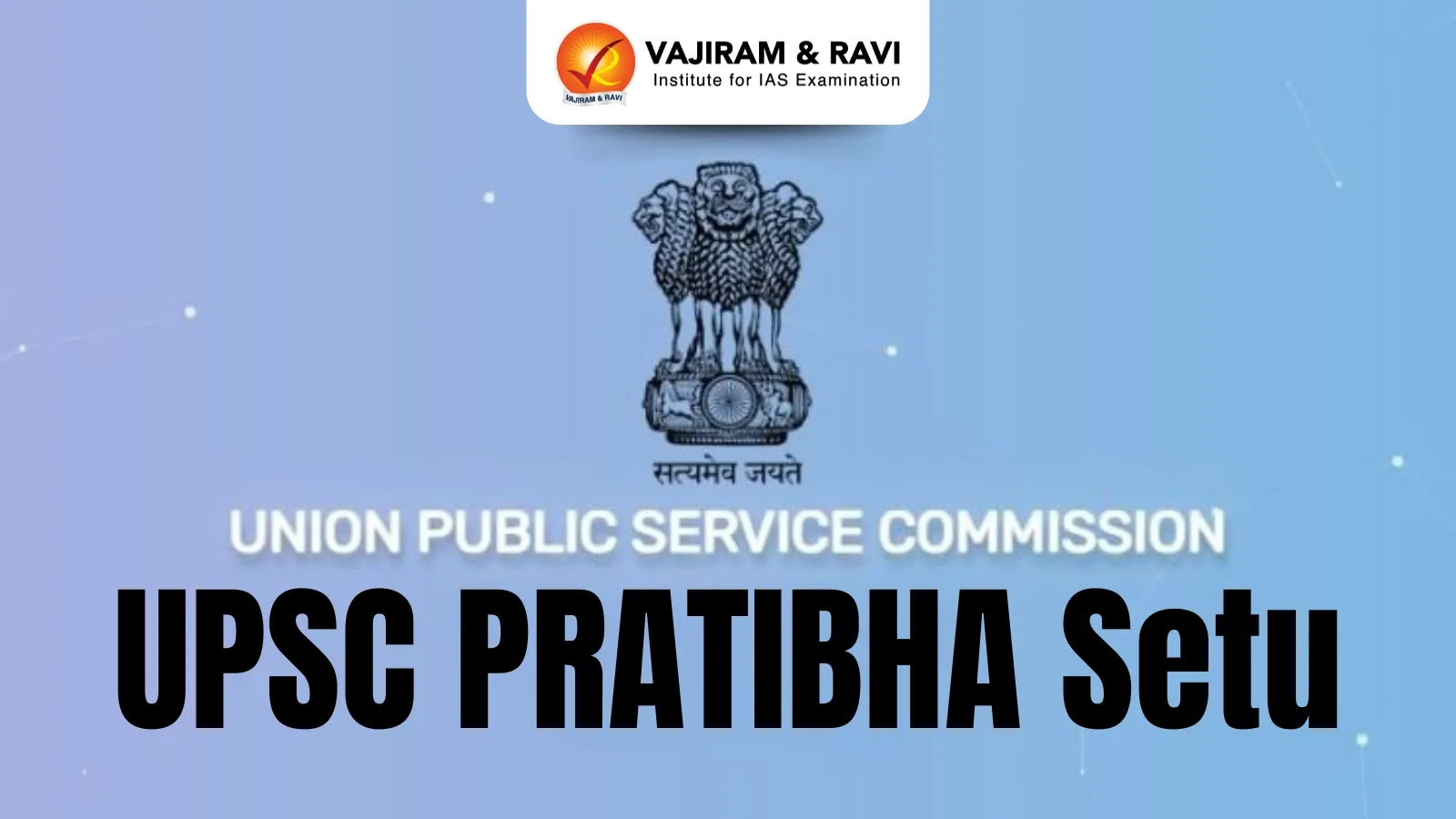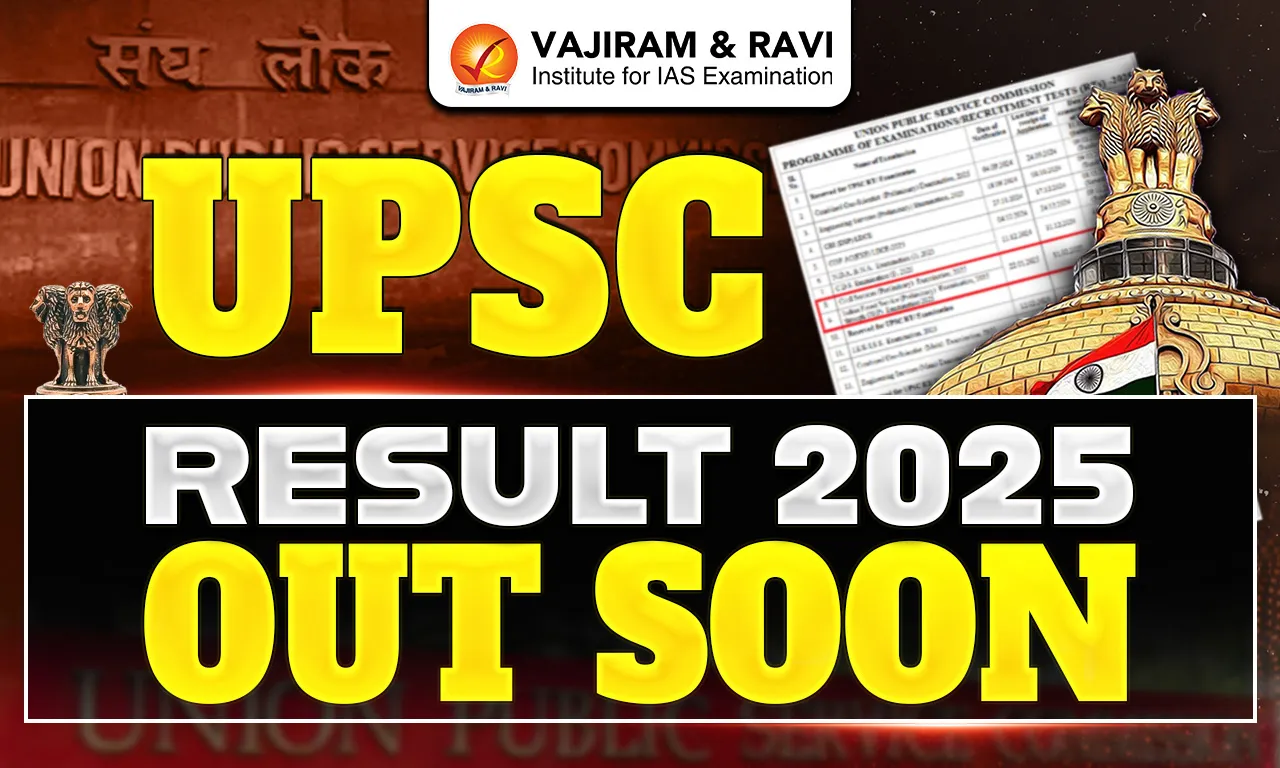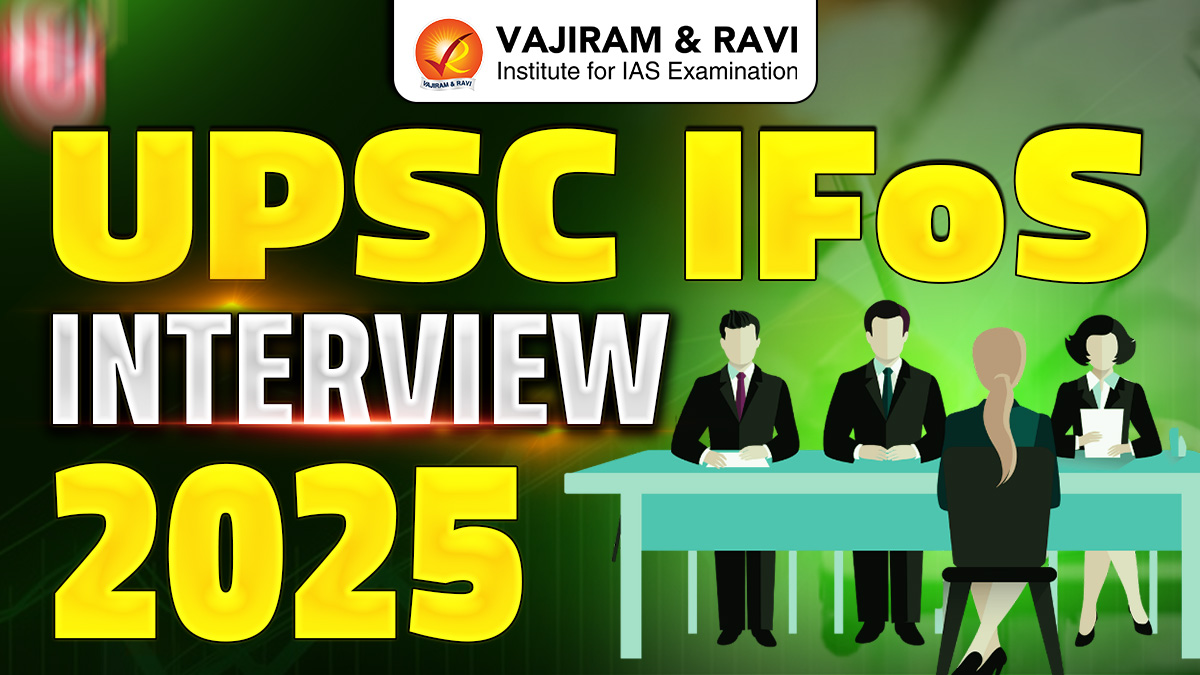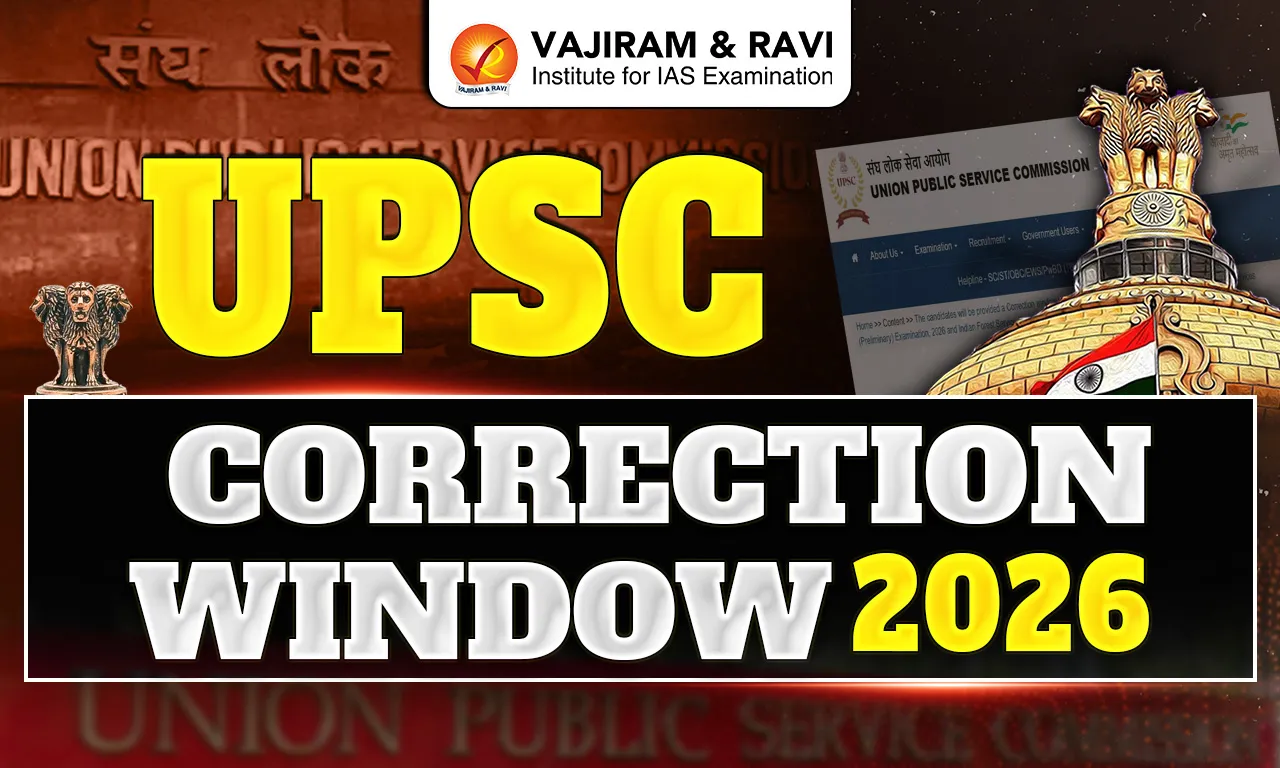UPSC PRATIBHA Setu (Professional Resource And Talent Integration - Bridge for Hiring Aspirants) is a platform launched by the Union Public Service Commission (UPSC) to connect verified employers with highly qualified UPSC aspirants who cleared UPSC Prelims exam but did not make the final merit list.
Formerly known as the Public Disclosure Scheme (PDS), this initiative empowers candidates who qualify in written exams and interviews but fall just short of selection by broadening their employment opportunities. Through a secure, authorized portal, public sector units, autonomous bodies, and private organizations can access candidate profiles, marking a significant shift toward talent utilization and transparency in recruitment.
UPSC PRATIBHA Setu Background
UPSC PRATIBHA Setu was first introduced on August 20, 2018, when the UPSC introduced the Public Disclosure Scheme for a limited number of exams, starting with the Combined Medical Services exam. This exposed a database of willing non-recommended candidates who cleared written and interview stages.
Acknowledging the success of PDS, the Commission officially renamed it as PRATIBHA Setu, reflecting its broader objective of bridging talent and recruitment. PRATIBHA stands for “Professional Resource And Talent Integration – Bridge for Hiring Aspirants.” This renaming highlights a shift from disclosure to active talent bridge-building. The platform now provides opportunities to over 10,000 candidate profiles, spanning examinations like Civil Services, Engineering Services, and more.
UPSC PRATIBHA Setu Ways of Operating
- Candidates who clear all stages of selected UPSC exams such as Civil Services, Engineering Services, IFS, CAPF, Geo-Scientist, CDS, and Combined Medical yet are not on the final merit list, can opt into UPSC PRATIBHA Setu. These non-recommended candidates voluntarily give consent, allowing their biodata to be shared with registered employers.
- Organizations, including ministries, PSUs, autonomous bodies, and private firms, must register and receive login credentials via the UPSC portal. They can access candidate biodata, educational qualifications, exam performance details, and contact information. The portal features a discipline-wise search filter to aid organizations in identifying suitable candidates aligned to their needs.
- Public entities receive login credentials, and private firms can register by providing their CIN (Corporate Identity Number). Only verified organizations can view candidate details, ensuring data privacy and security. Consent-based inclusion means candidates retain control over whether their profiles are listed.
- After identifying suitable profiles, employers initiate contact for interviews, further assessment, and recruitment. This creates a “second gateway” for UPSC aspirants to access civil service–quality talent pools, enhancing the ratio of employment and opportunities beyond final selection.
UPSC PRATIBHA Setu Features
- UPSC PRATIBHA Setu is a portal that connects verified employers with top candidates who cleared UPSC Exams but were not in the final merit list. It bridges the gap between talent and opportunity, ensuring skilled individuals get a second chance.
- The portal hosts over 10,000 willing candidates who cleared all stages of exams like Civil Services, Engineering Services, CDS, etc. Though not recommended, these candidates possess high merit and are ideal for key roles in government or private sectors.
- Registered companies or PSUs can sign up using their Corporate Identification Number (CIN), which is verified via the Ministry of Corporate Affairs (MCA). Once verified, access is granted to explore and recruit from the talent pool.
- The platform offers a clean, interactive dashboard with features like notifications, candidate wishlisting, shortlisting, final selection, rejection, and reporting. It ensures hassle-free navigation and candidate management.
- Employers can view soft biodata of candidates, including educational background and contact details. This helps in shortlisting candidates quickly without the need for repeated information requests.
Last updated on February, 2026
→ UPSC Notification 2026 is now out on the official website at upsconline.nic.in.
→ UPSC IFoS Notification 2026 is now out on the official website at upsconline.nic.in.
→ UPSC Calendar 2026 has been released.
→ UPSC Final Result 2025 is expected to be released soon.
→ Check out the latest UPSC Syllabus 2026 here.
→ Join Vajiram & Ravi’s Interview Guidance Programme for expert help to crack your final UPSC stage.
→ UPSC Mains Result 2025 is now out.
→ UPSC Prelims 2026 will be conducted on 24th May, 2026 & UPSC Mains 2026 will be conducted on 21st August 2026.
→ The UPSC Selection Process is of 3 stages-Prelims, Mains and Interview.
→ Prepare effectively with Vajiram & Ravi’s UPSC Prelims Test Series 2026 featuring full-length mock tests, detailed solutions, and performance analysis.
→ Enroll in Vajiram & Ravi’s UPSC Mains Test Series 2026 for structured answer writing practice, expert evaluation, and exam-oriented feedback.
→ Join Vajiram & Ravi’s Best UPSC Mentorship Program for personalized guidance, strategy planning, and one-to-one support from experienced mentors.
→ Check UPSC Marksheet 2024 Here.
→ UPSC Toppers List 2024 is released now. Shakti Dubey is UPSC AIR 1 2024 Topper.
→ Also check Best UPSC Coaching in India
UPSC PRATIBHA Setu FAQs
Q1. What is PRATIBHA Setu?+
Q2. Which exams are included?+
Q3. How does a candidate opt in?+
Q4. What information is shared with employers?+
Q5. Which organizations can access PRATIBHA Setu?+
Tags: upsc pratibha setu














